Teen Dating Violence Awareness Month
Greeting’s readers!
Did you know that youth as young as 12 can be in abusive relationships? Did you know that 1 in 11 high school females and 1 in 14 high school males have reported experiencing physical dating violence in the last year? Unfortunately, dating violence does not discriminate against race, gender, sexual orientation, or age. This means everyone and everyone could be at risk for being in an abusive relationship, including teenagers and other youth. February is National Teen Dating Violence Awareness Month, and a good opportunity to learn more about the effects of teen dating violence and get resources on how to help yourself or others who may be experiencing it. Before we dive in, here are a few self-affirmations for us all:
I am paying attention to how others treat me and how I treat myself.
I am deserving of communicative, respectful, and caring relationships.
I treat others the way I wish to be treated.
Dating violence can be defined as any behavior in a relationship that is done with the intention to manipulate, gain control, gain power over someone, make a person feel bad about themselves or others, or make a person afraid of their dating partner. Dating violence comes in many forms including physical, emotional, verbal, or sexual, and can happen in person or through technology. Teen dating violence has significant impacts on the teens involved as well as the friends, family, and others who are close to the teens. Negative impacts of teen dating violence can include feelings of depression or anxiety and increased participation in risky behaviors such as smoking tobacco and drinking alcohol. Additionally, teens who experience dating violence may have a harder time in school and are more likely to be involved in abusive adult relationships.
Teen Dating Violence is an important issue for all people, even those who may not be in a relationship themselves or do not have teens. We as a community all play a part in keeping teens safe.
Here’s how YOU can be a Prevention Partner:
Enroll yourself or your teens into one of the comprehensive programs offered by Touchstone Health Services. For more information on the programs, visit https://carecoalitionaz.org/
Teach consent: Consent in the basic form means permission either given or received. Consent is most referred to as an agreement between participants to engage in sexual activity. Consent must be always given by both/all people during sexual activity. Visit safesecurekids.org to learn how to begin teaching your youth about consent.
Learn the warning signs of dating violence, and do not ignore them. Youth may have a harder time spotting warning signs and are more likely to rationalize their partners behaviors. Be a voice for youth and speak up when you witness or notice dating violence or warning signs.
Listen to the teens (and all people) in your life if they tell you they are experiencing dating violence and believe them. It is okay to not have all the answers, and it is not your job to “fix” their situation. Start by believing them, thank them for trusting you and coming to you, and offer to help them by connecting them to resources, such as the ones listed throughout and at the bottom of this blog, or a professional.
Through the national effort to raise awareness about dating violence, we wish to promote national and local programs and organizations that support young people and encourage communities to prevent this form of abuse to decrease the prevalence of dating violence among our teens.
National Resources:
The Centers for Disease Control and Prevention (CDC) developed a technical package of programs, policies, and practices Preventing Intimate Partner Violence Across the Lifespan.
National Resource Center on Domestic Violence has a comprehensive collection of resources from organizations all over the U.S. on Teen Dating Violence for different populations.
Love is Respect Offers Help 24/7/365 at 1.866.331.9474 or Text: loveis to 22522. They offer resources for teens and educators.
Break the Cycle inspires and supports youth ages 12-24 in building healthy relationships.
One Love has resources for young people about healthy relationships and helping them be leaders of change.
Teen Dating Violence offers resources for teens, adults, and communities learning more about teen dating violence.
National Domestic Hotline 24 hours a day, seven days a week, 365 days a year, the National Domestic Violence Hotline provides essential tools and support to help survivors of domestic violence so they can live their lives free of abuse.
For Teens:
Relationship Quizzes:
Resources for Teens:
Resources in Arizona:
Sojourner Center has been a safe haven from domestic violence for women and their children in Arizona. They offer support and resources for teens and adults who suffer from domestic violence.
Bloom365 helps teens and young adults who are survivors of abuse through text/chat/video and virtual education, crisis counseling, and peer support.
Kaity’s Way is the first organization in Arizona to focus on bringing awareness to teen dating violence and providing education on healthy relationships.
Remember, you are not alone in this. There are many ways that you can be supported and connected. If you would like to learn more about mindfulness skills, visit CARE’s Soothing Place where you can find informational links for mindfulness, coping skills, and wellness.
For free webinars on many topics to support raising children and youth, visit Operation Parent.
If you or someone you care about is feeling overwhelmed with emotions like sadness, depression, or anxiety, or feel like you want to harm yourself or others:
Call 911
Visit the Disaster Distress Helpline, call 1-800-985-5990, or text TalkWithUs to 66746
Visit the National Domestic Violence Hotline or call 1-800-799-7233 and TTY 1-800-787-3224
For the youth, if you know you or your friends need immediate help, call Teen Lifeline. Teen Lifeline is a 24-7 crisis line for teens where teens can call or text another teen about any problems or issues they are facing. This resource is also available to parents and families for support.
In Maricopa County: 602-248-8336 (TEEN)
Outside Maricopa County: 1-800-248-8336 (TEEN)
Outside Arizona/Nationally: 1-877-YOUTHLINE or 1-800-SUICIDE
For more information on this please visit the websites below:
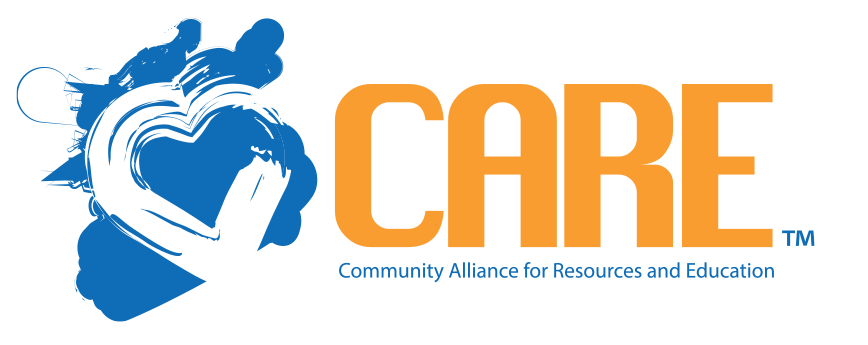

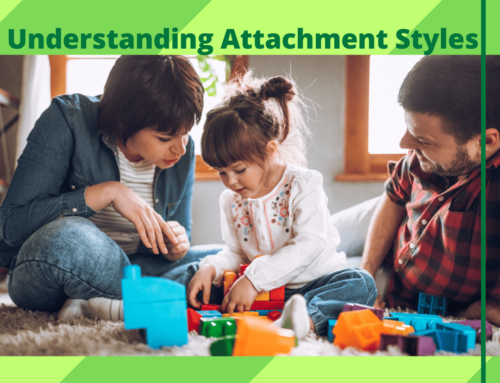
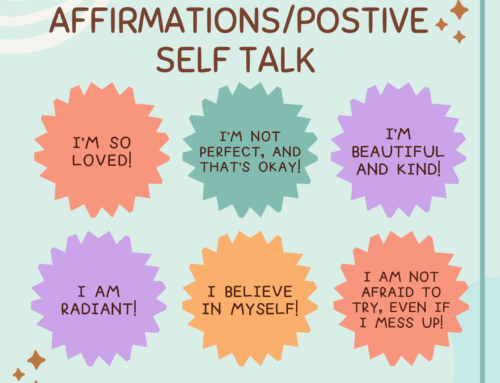
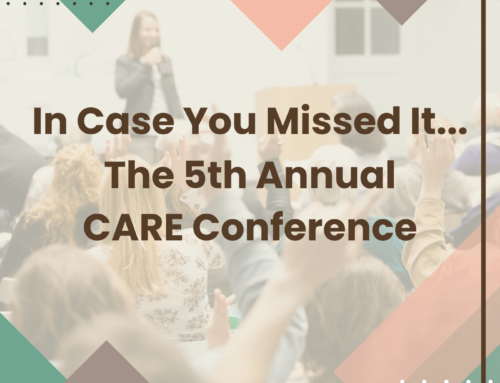
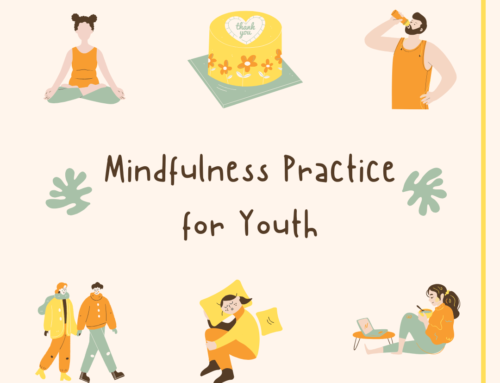
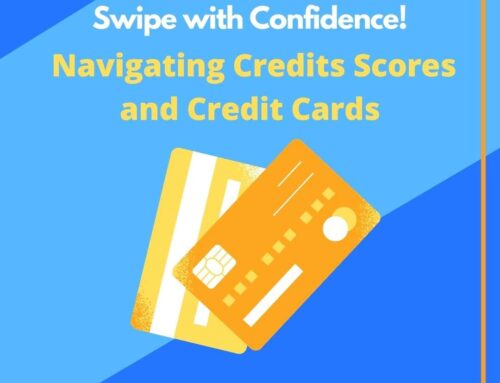
[…] learning! Check out our other blogs, including Teen Dating Violence Prevention and Domestic Violence: Healthy, Unhealthy, or […]